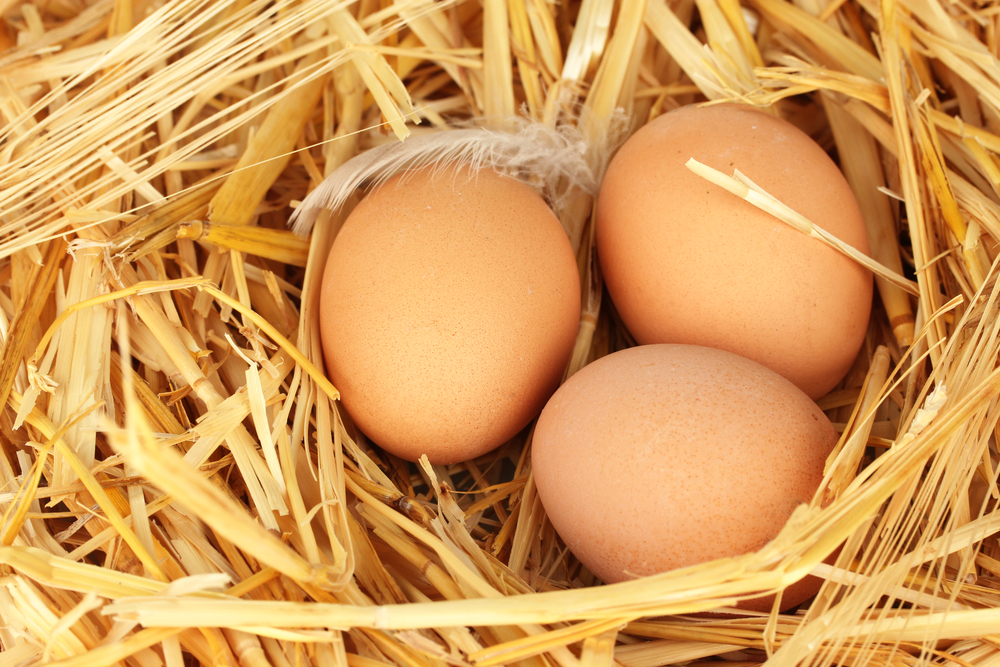Investing
ISAs: your back-to-basics guide for 2014

From allowances to transfers, we explain all you need to know about individual savings accounts.
An individual savings account – more commonly known as an ISA – is one of the best places to put your savings.
By saving or investing in an ISA, you are effectively putting your money into a ‘tax wrapper’ which prevents the taxman from getting his hands on it.
Over the next couple of months, in the run-up to the end of the tax year (5 April), you will probably start to hear a lot more about ISAs as so-called ISA season kicks off.
This is when banks and other savings providers start launching attractive rates to incentivise you to use up your tax-free ISA allowance.
If you are new to the world of ISAs or simply need of a refresher, we take you through all the basics to help you get up to speed:
• There are two types of ISA – a cash ISA and a stocks and shares ISA
Cash ISAs are simple savings account, but unlike standard instant access accounts there is no tax on any interest you make.
There are a number of cash ISA products available on the market offering varying rates of interest. Some are instant access, others are notice accounts meaning you have to give advance warning if you want access to your cash.
Stocks and shares ISAs are investment-based savings products, therefore are riskier than cash products. You can hold shares of companies in ISAs or funds or investment trusts – pooled investment products run by a fund manager.
There are also junior cash and junior stocks and shares ISAs, which, as the name suggests, are savings products aimed at children.They work in pretty much the same way as their adult counterparts – except they have different contribution thresholds and money in a junior ISA cannot be accessed until the child is aged 18.
• Every year the Government sets a tax-free ISA allowance
In the current tax year, which runs from 6 April 2013 to 5 April 2014, you can put up to £11,520 in your ISA.
You can put all of your contribution into a stocks and shares ISA. Or you can put up to £5,760 in a cash ISA and the rest into a stocks and shares ISA (if you wish to).
The junior ISA annual contribution limit for this tax year, for both cash and stocks and shares products, is £3,720.
• Higher rate taxpayers benefit from holding dividend-generating investments in an ISA
Higher rate taxpayers have to pay 10% tax on any dividends accrued from investments within an ISA. This is compared to 32.5% on non-ISA investments.
Basic rate taxpayers do not need to pay additional tax on dividends, regardless of whether the assets are held within a stocks and shares ISA or not.
• You cannot transfer a stocks and shares ISA to a cash ISA
The rules state you can transfer money from one cash ISA to another cash ISA or to a stocks and shares ISA. You can also transfer a stocks and shares ISA to another stocks and shares ISA. But you cannot transfer money from a stocks and shares ISA into a cash ISA.
You also cannot transfer the money yourself. The process has to be done via your bank or building society. If you attempt to do it yourself, it will result in you forfeiting your money’s tax-free status.
• You are only allowed one cash ISA and one stocks and shares ISA
If, by mistake, you put too much money into your ISA or open more than one in any given year – the excess payments are invalid, and you are not entitled to any tax relief on investments purchased with the excess payments. HMRC will contact you should this happen.
• When you die your ISA will end on the date of your death
There will be no tax to pay on income or capital gains up to that date, but your personal representatives will have to account for tax on any income or gains accrued after the date of your death.
The ISA manager will either sell the investments and pay the proceeds to your personal representatives (or a beneficiary of your estate), or transfer the investments directly into their hands, according to the the terms and conditions of the ISA.
ISA investments form part of your estate for inheritance tax purposes.
